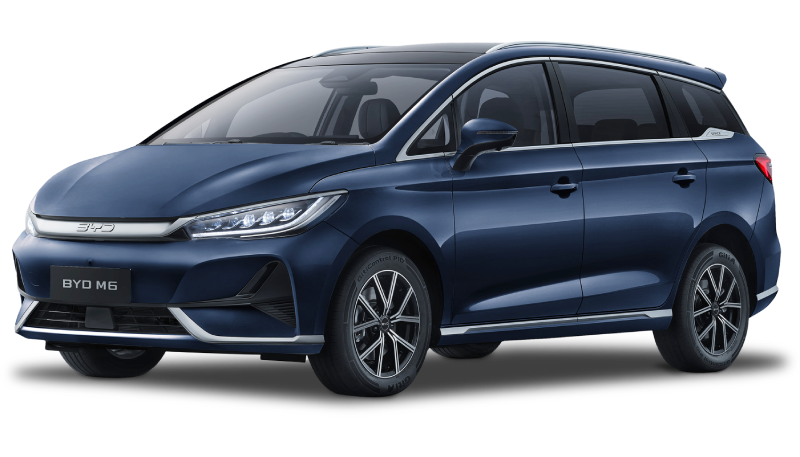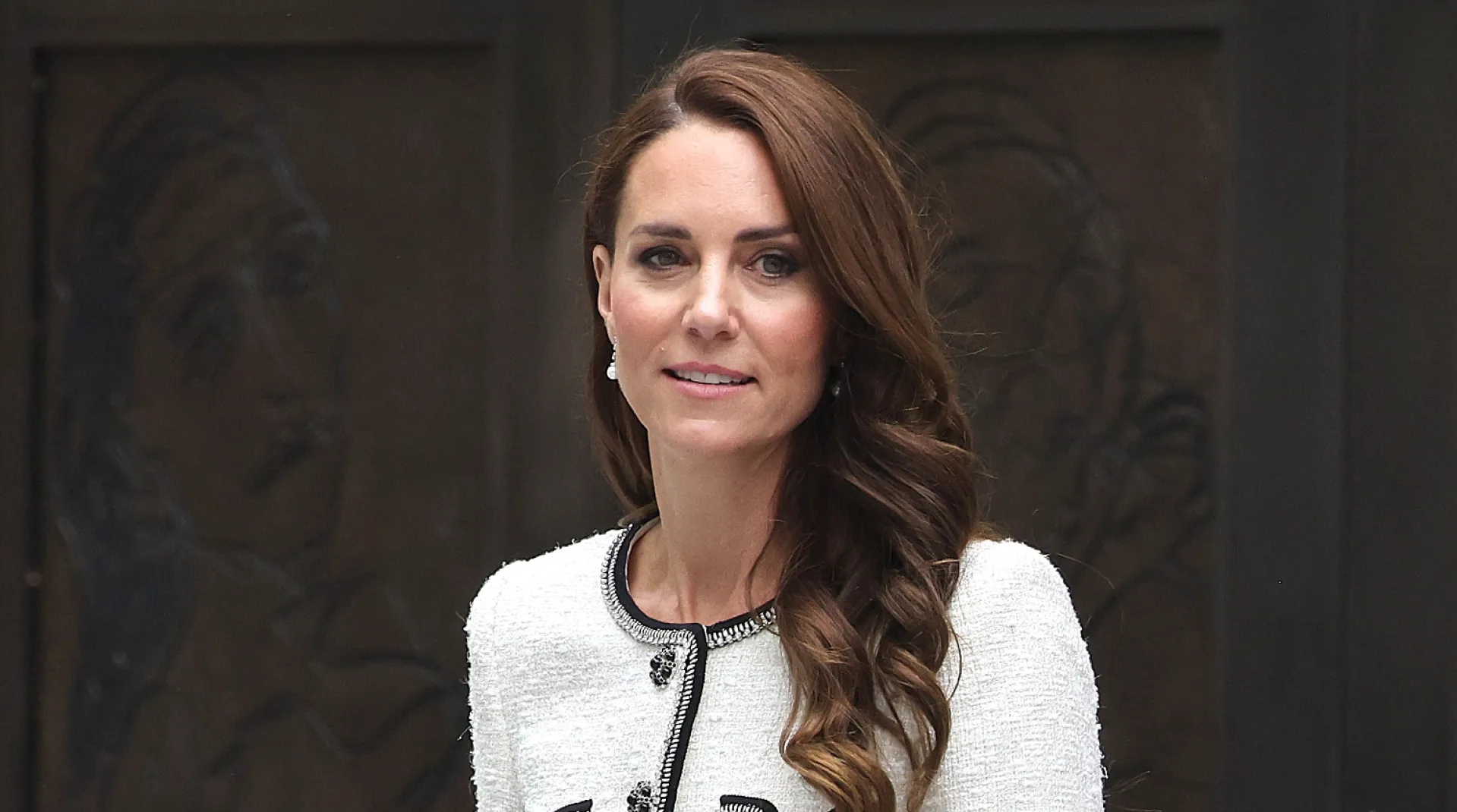BYD’s Luxury Leap: Redefining the Global Electric Car Game

China's electric vehicle (EV) titan, BYD, has once again captured global attention—not only by surpassing Tesla in worldwide EV sales but also by charging full speed into the luxury automotive sector. At the centerpiece of this bold new chapter is the Denza Z, an elegant, tech-loaded vehicle revealed at Auto Shanghai, China’s most prominent car exhibition.
The Denza Z was introduced with grandeur, cloaked under a black cover before its big reveal. The presence of BYD’s founder, Wang Chuanfu, underlined the significance of the launch. As reporters and visitors crowded around, the atmosphere buzzed with energy, amplified by numerous global and domestic brands unveiling their latest automotive feats.
Auto Shanghai serves as a testament to the breakneck pace of China’s EV industry. While global automakers adjust to rising tariffs and geopolitical turbulence, BYD is capitalizing on the uncertainty. With an assertive presence, it continues to outpace rivals and tighten its grip on the world’s largest car market.
BYD's recent dominance is no coincidence. Aggressive pricing and continuous product innovation have enabled the company to outmaneuver Tesla, which is now facing declining revenues and waning investor confidence. A staggering 71% drop in Tesla’s net income and a 20% plunge in its car sales have highlighted the challenges facing the American automaker.
Denza, once a partnership with Mercedes-Benz and now fully under BYD’s control, has started to expand into the European market. With the Denza Z, BYD is eyeing premium buyers, promising a combination of cutting-edge technology and luxurious features, far beyond the value-driven models it’s long been known for.
Industry expert Tu Le of Sino Auto Insights attributes BYD’s success to its relentless momentum. He explains that BYD’s nonstop vehicle launches and unrivaled cost efficiencies allow it to undercut global luxury brands like Porsche, which recently reported a 28% sales slump in China amid a difficult economic climate.
Pricing details for the Denza Z remain under wraps, but its sibling model, the Denza N9 SUV, starts at 389,800 yuan (about $53,500). In contrast, BYD’s more economical Song Plus SUV starts at roughly $18,500, illustrating the company’s ability to cater to both luxury and mass-market consumers.
Beyond Denza, BYD is also making strides in the ultra-luxury EV sector with its Yangwang brand. The newly launched U8L SUV, part of this elite lineup, was also introduced at Auto Shanghai. The brand has already reached the 10,000-unit sales milestone, signaling rising demand for high-end Chinese EVs.
In the first quarter of 2025, BYD’s sales exploded with over one million new-energy vehicles sold—a 60% jump from the same period last year. This total includes fully electric cars, hybrids, and commercial models, demonstrating BYD’s expansive reach and market versatility.
International trade friction, such as the EU's anti-subsidy tariffs and the U.S.’s EV import restrictions, hasn't slowed BYD’s ambitions. The company intends to double overseas sales to more than 800,000 vehicles by next year, focusing on localized manufacturing to keep prices competitive.
A cornerstone of BYD’s competitive edge is innovation. In February, the company introduced “God’s Eye,” a driver-assistance system meant to rival Tesla’s Full Self-Driving tech. Notably, BYD offers this system at no additional cost on most vehicles sold in China—a move that could shift consumer expectations across the industry.
In March, BYD unveiled a groundbreaking battery technology capable of adding 250 miles of range in just five minutes—beating Tesla’s current Supercharging capabilities. However, rival Chinese battery giant CATL fired back this week with a new battery that promises an even longer 320-mile range, heating up the tech race.
BYD’s 2024 financial results further solidify its upward trajectory. The company reported $107 billion in revenue—up 29% from the previous year—and delivered 4.27 million vehicles globally. In contrast, Tesla earned $97.7 billion and delivered 1.79 million vehicles, marking a rare annual delivery decline.
In China, Tesla’s market share has dropped to 6.1%, as BYD continues to gain ground. Unlike Tesla, which solely produces battery-powered EVs, BYD’s hybrid-electric lineup offers a broader appeal. In fact, BYD’s battery-only EV sales alone—1.76 million—were nearly on par with Tesla’s total output last year.
From affordable daily drivers to aspirational luxury machines, BYD is rewriting the global EV playbook. With an aggressive growth strategy, relentless innovation, and a sharpened focus on the luxury market, BYD is no longer just a Tesla rival—it’s shaping the future of electric mobility worldwide.
What's Your Reaction?
















:format(webp)/cdn.vox-cdn.com/uploads/chorus_image/image/70136881/1347078605.0.jpg)





